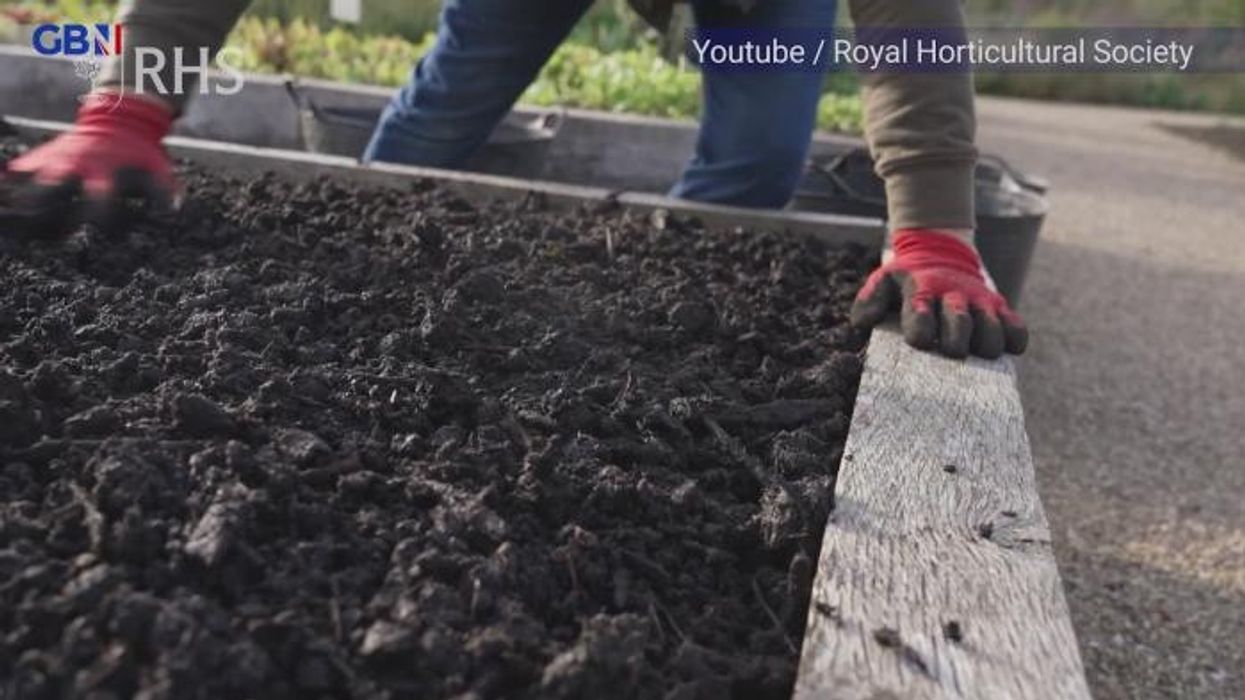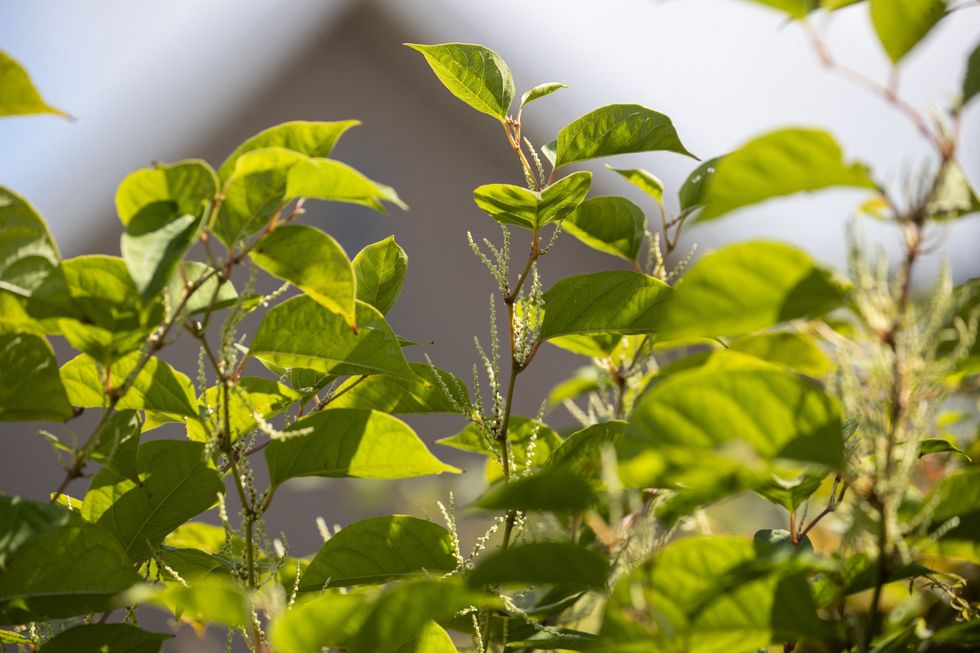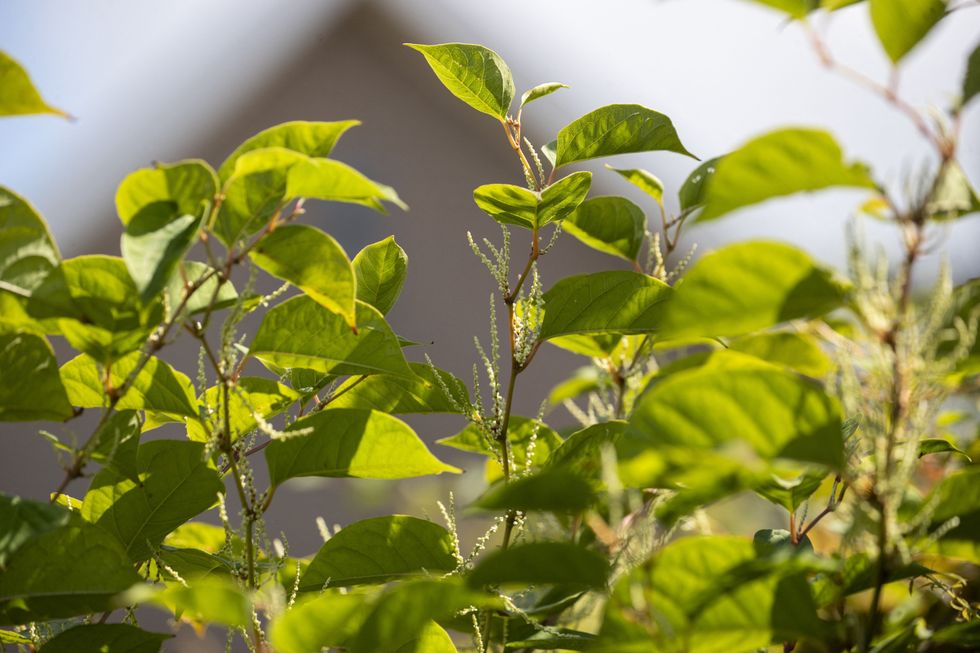‘It’s a nightmare!’ Britons warned of invasive weed ‘super growth’ as expert urges gardeners to avoid common mistake

WATCH NOW: The Royal Horticultural Society shares gardening tips and tricks for Britons this summer
|RHS
Once it sinks its roots deep into the ground, it can be extremely costly to oust the plant once and for all
Don't Miss
Most Read
Latest
British gardeners have been warned that the UK is currently experiencing ideal weather conditions to feed a "super growth" of a persistent invasive weed.
After a few weeks basking in glorious sunshine, reality has set in and so has the rainfall. Together, the warm soil and wet weather have melded to create the perfect scene for Japanese knotweed to thrive, a deeply invasive and tricky weed to banish in its entirety.
It can even damage property if given the chance and, unlike an abundance of other standard weeds, it can be made worse if eager gardeners hit the brakes and have been told to leave it to the professionals.
Attempting to eliminate the plant could make matters worse, a property expert has warned.

Green thumbs have been encouraged to hold back over fears that their good intentions could make matters worse
|GETTY
Property expert Terry Fisher from Sold.co.uk told green thumbs to hold back their pruning shears over fears that their good intentions could exacerbate the problem.
He explained: "This combination of wet and warm creates the ideal conditions for Japanese knotweed to thrive and even go into a super growth. Meaning homeowners might unearth a beast in their gardens this spring.
"The invasive plant is a nightmare - it’s relentlessly durable, fast-growing and can cause damage to nearby structures."
First introduced to Britain in the 19th century as an ornamental plant, it is now listed as an invasive non-native plant in the Wildlife and Countryside Act 1981.
LATEST GARDENING TIPS AND TRICKS
Once it sinks its roots deep into the ground, it can be extremely costly to oust the weed once and for all. It requires a multi-pronged approach, often a combination of herbicides and even excavation.
"This is all best left to the professionals," Terry advised, adding: "Whatever the case, homeowners need to act quickly if any signs of Japanese knotweed appear."
The expert said: "Costs can add up, especially if you have to pay for repairs to your own home or your neighbours, on top of treatment.
"Your neighbours can seek compensation if it breaches onto their land, and you can be fined if it starts to grow in the wild."

Once it sinks its roots deep into the ground, it can be extremely costly to oust the weed once and for all
|GETTY
When houses infested with the relentless weed go on the market, vendors are legally obliged to disclose whether the property has ever been affected by the plant - while surveyors are also forced to investigate as part of their report.
“If you’re buying a house and a survey flags that a property has Japanese knotweed, you could negotiate the price or ensure the seller treats the plant before the sale goes through,” Terry suggested.
Once purchased, it's the homeowner's responsibility to watch whether the weed makes a come back; it generally dies back in autumn, but bounces back around springtime.
"Some homeowners don’t know about the existence of the invasive plant until they find it in their garden.
"In which case, it could be a surveyor was negligent in their duties or you could have a case for misrepresentation," Terry advised.










